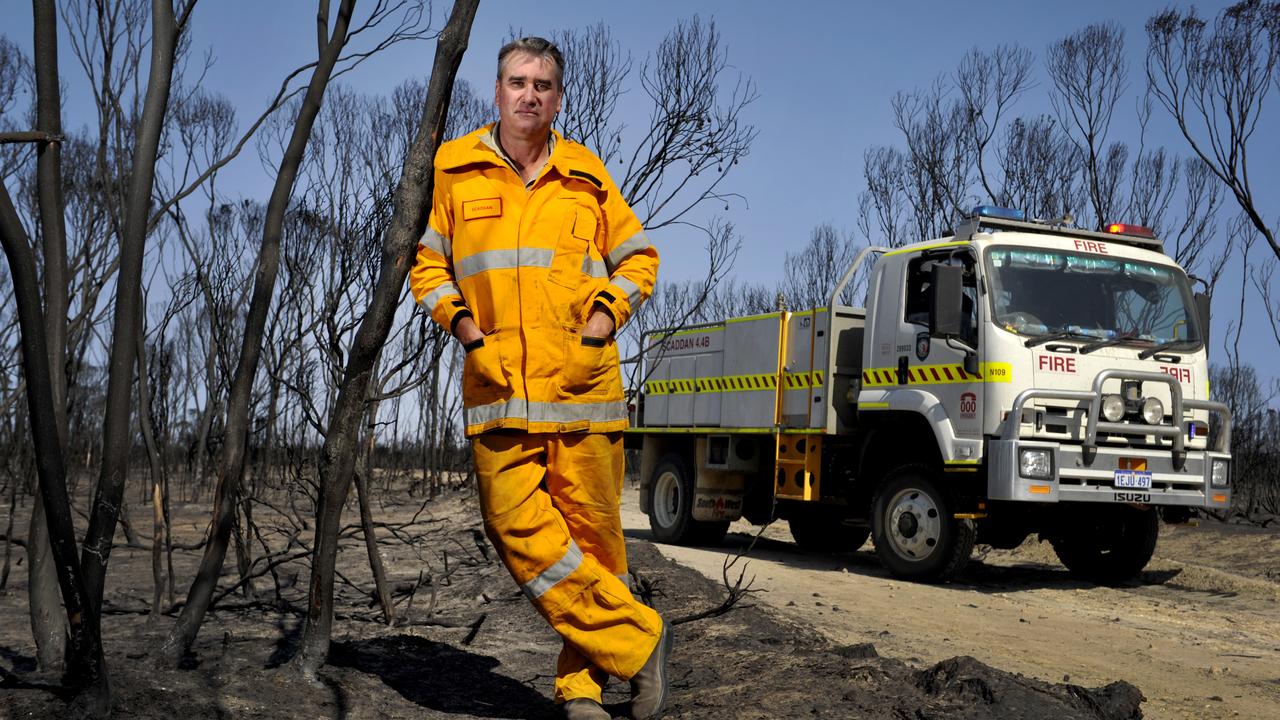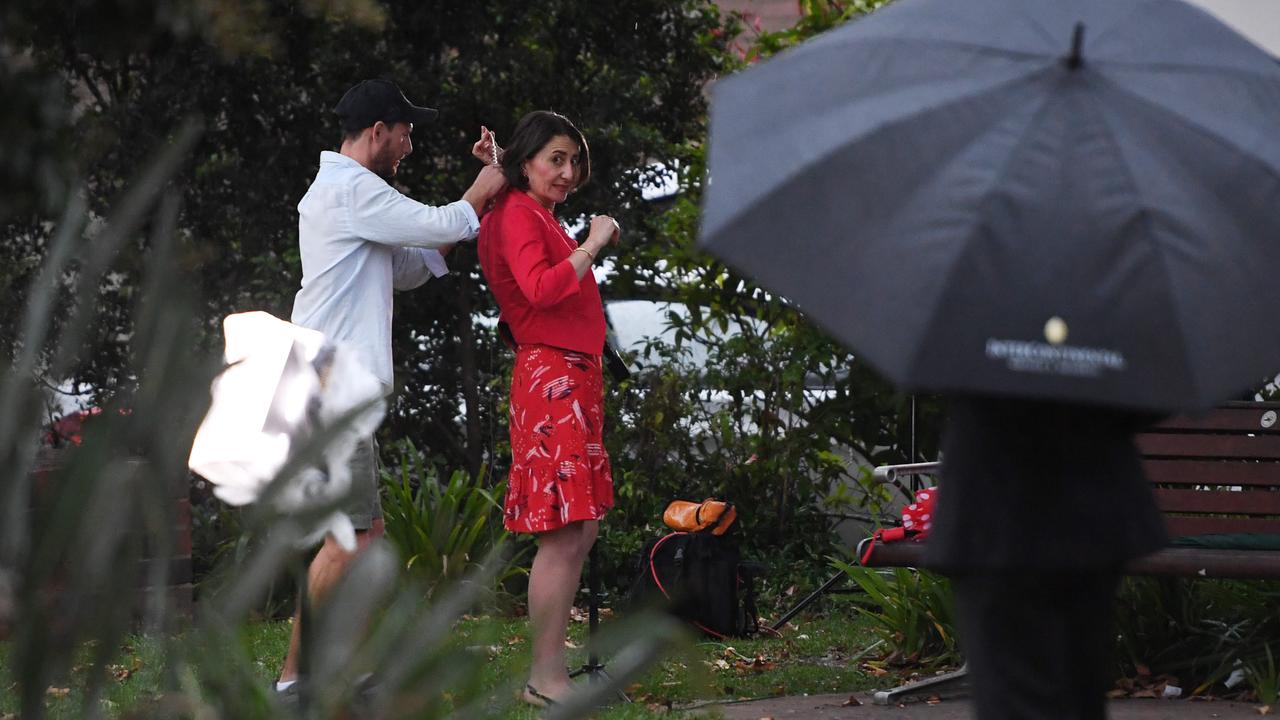Give to the Liberal National Party, win a BMW
QUEENSLAND’s LNP has called on “business associates’’ to help sell tickets for a registered lottery with a first prize of a BMW.
QUEENSLAND’s Liberal National Party has called on “business associates’’ to help sell tickets for a new fundraising venture, raising $500,000 through its own registered lottery with a first prize of a BMW.
As the NSW Independent Commission Against Corruption inquiry today resumes its investigation into the dubious fundraising of the NSW Liberal Party, it has emerged that the LNP is raking in hundreds of thousands of dollars through its registered “art union” that may never have to be publicly declared as political donations.
Already, more than $350,000 has been raised, with former Liberal state president Con Galtos yesterday confirming that Queensland companies had “taken books’’ of the $100 tickets.
Mr Galtos, who is running the art union, conceded that companies that sell the tickets to employees would not have to make a declaration even though a book of tickets — worth $1000 — would exceed the current threshold to make a declaration under Queensland electoral law.
“It depends on who holds the individual ticket,” he said.
“If a company gives $1000 for the book and then sells each of the tickets to employees or friends ... I don’t think there would have to be a declaration. We wouldn’t make a declaration on individual tickets.”
It is believed to be the first time a political party has registered to run an art union lottery.
The existence of the art union emerged as the LNP state government under Campbell Newman is expected to this week push through new electoral laws that will abolish donation caps for parties and individual donations.
The amendments will also lift the declaration threshold for donations from $1000 to $12,400.
Australian National University professor of politics John Wanna said he was unaware of a political party running an art union to raise campaign funds.
“Schemes like this are just another example of political parties trying to get around the rules,’’ he said. “They are getting more inventive because they are getting advice from corporate lawyers about what they can get away with.
“Art unions are usually the domain of sporting clubs or the girl guides, with people buying the tickets because they know it is going back to the community, not a narrow vested interest.’’ Mr Galtos said he “could not be sure,’’ but he believed the LNP was intending to purchase the two prizes — a BMW 328i, valued at $88,600, and second prize, a BMW G 650GS motorcycle, valued at $11,400.
Mr Galtos said if the LNP bought the two vehicles, then the party could expect to “net between $350,000 to $400,000”.
Last month, LNP president Bruce McIver sent out an email canvassing buyers for the 500 books of tickets, to help fund the next state campaign, due early next year
“Elections have become far too expensive and we do have to find new ways to fund our efforts,’’ he wrote in the email, obtained by The Australian.
“We have already sold over 350 books but it is very important that we sell the balance. We have found that the best way to sell these tickets is by using our friends and business associates as sales representatives thus expanding out support base. We need your help.’’
The art union will be drawn at this year’s LNP convention on July 12.
Labor state secretary Anthony Chisholm yesterday said the “LNP need to come clean about’’ the art union. “There should be full disclosure as to who bought tickets so there can be transparency on this issue,’’ he said. “The concern is that they will be able to get around disclosure requirements.’’
Mr Galtos said a record of each ticket buyer would be kept in line with art union laws, but would not have to be disclosed to the Electoral Commission Queensland.
University of Queensland professor Graeme Orr, who wrote the book The Law of Politics, said if a company or individual bought a book of the tickets, then it should be declared.
“Unless the law changes and covers this art union, then someone buying a book should have to make a declaration,’’ he said. “A fundraising activity like this would be banned in some US states because of the view that gambling and politics don’t mix.’’
In a submission to a parliamentary committee on the proposed electoral changes, Professor Orr opposed the amendments to abolish caps on corporate donations and lift the threshold on declarations.
“Removing donation and expenditure limits is retrograde,’’ he wrote. “It is a backward step for the key goals of political integrity and equality.’’




To join the conversation, please log in. Don't have an account? Register
Join the conversation, you are commenting as Logout